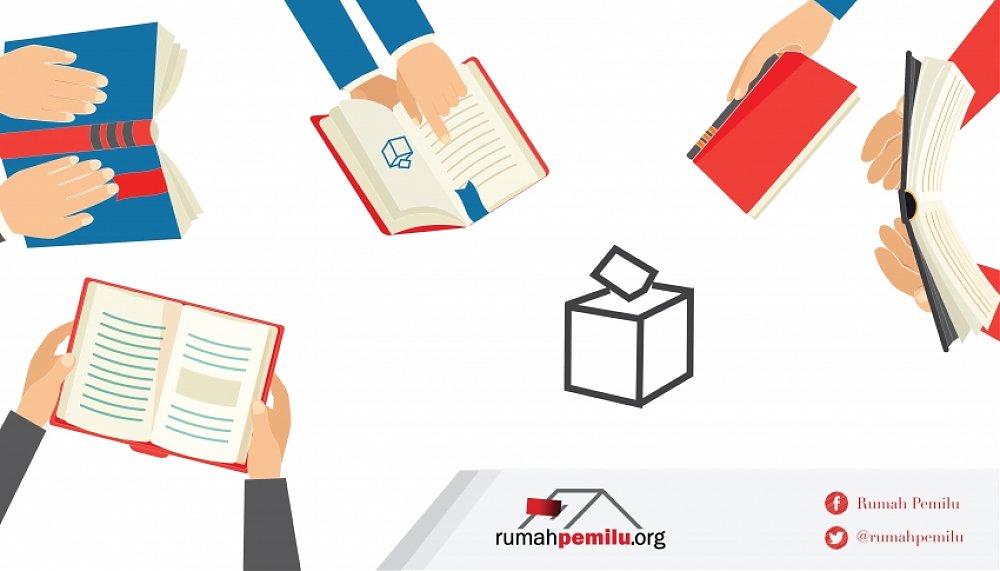Cases of children's involvement in the democratic process in Indonesia have not been followed up by electoral organizers because political education has not been provided thoroughly. For this reason, the 1989 United Nations (UN) Children's Convention is recommended to be reused in many aspects.
The number of cases of reporting mothers or parents bringing children to political campaigns is also considered to not meet the legal aspects if it is collided with the economy. Moreover, there is a positive impact of bringing children into political campaigns that will occur with the emergence of electoral socialization to children from an early age.
Researcher of Association for Elections and Democracy (Perludem) Usep Hasan Sadikin said, it could not meet the elements of abuse of political activities in Law Number 35 of 2014 concerning Child Protection or provisions in Law 7 of 2017 concerning Elections.
"It is forbidden to involve citizens who do not have the right to vote, more often it is returned to the situation of the parents. For example, when bringing children to political activities, they could be enthusiastic about the activity so they want to involve their children," he explained to RMOLJabar News Agency, Saturday (7/8).
Including economic problems, Usep gave an example such as domestic workers who cannot leave their children with their neighbors or grandparents. This can also be a cause of children's involvement in political campaigns or socialization. He also regretted, if the discussion was only on that issue.
"It can also be considered a positive thing so that according to the parents concerned, it is okay for children to be brought to political activities because this could be early political education. I actually regret it, if the discussion is that narrow, about the involvement of children in political activities," he explained.
Back to the Results of the 1989 UN Children's Convention
According to Usep, it is very important for all parties to refer to children's rights in the children's convention, in which there are participation rights, how children are guaranteed and can participate in expressing opinions about the nation and the society.
"This can be expanded, for example, whether children at the elementary, junior high and high school levels until they get the right to vote at the age of 17, they have received good civic education to be able to participate or express opinions in the form of democracy," he said.
The concept of democracy at school, said Usep, is how children can choose class leaders or even run for that election. How to be actively involved in Student Organization activities, he added, children can criticize their teachers when they get information or education that is not good or dare to ask questions about the education process in the classroom or outside the classroom.
"The discussion of children's rights in the election is connected, both in the election and outside the election, in political education at school and outside school or in the family. That should be developed in that direction. Because the Children's Convention guarantees children's rights to participate," he said.
The question of the age intersection, said Usep, is also a reference, whether the child's rights can be connected to the election organizers. For example, he added, does the political party or candidate include their rights in the vision and mission or program.
"The campaign includes children's rights. That is related to the alignment or attention to the citizens within. In this case, children as citizens are guaranteed a better life in the administration of the state," he said. []
SYAMSUL ARIFIN
This article originally published by rmoljabar.id on July 8, 2023, with the support of the RESPECT Program hosted by Perludem.











